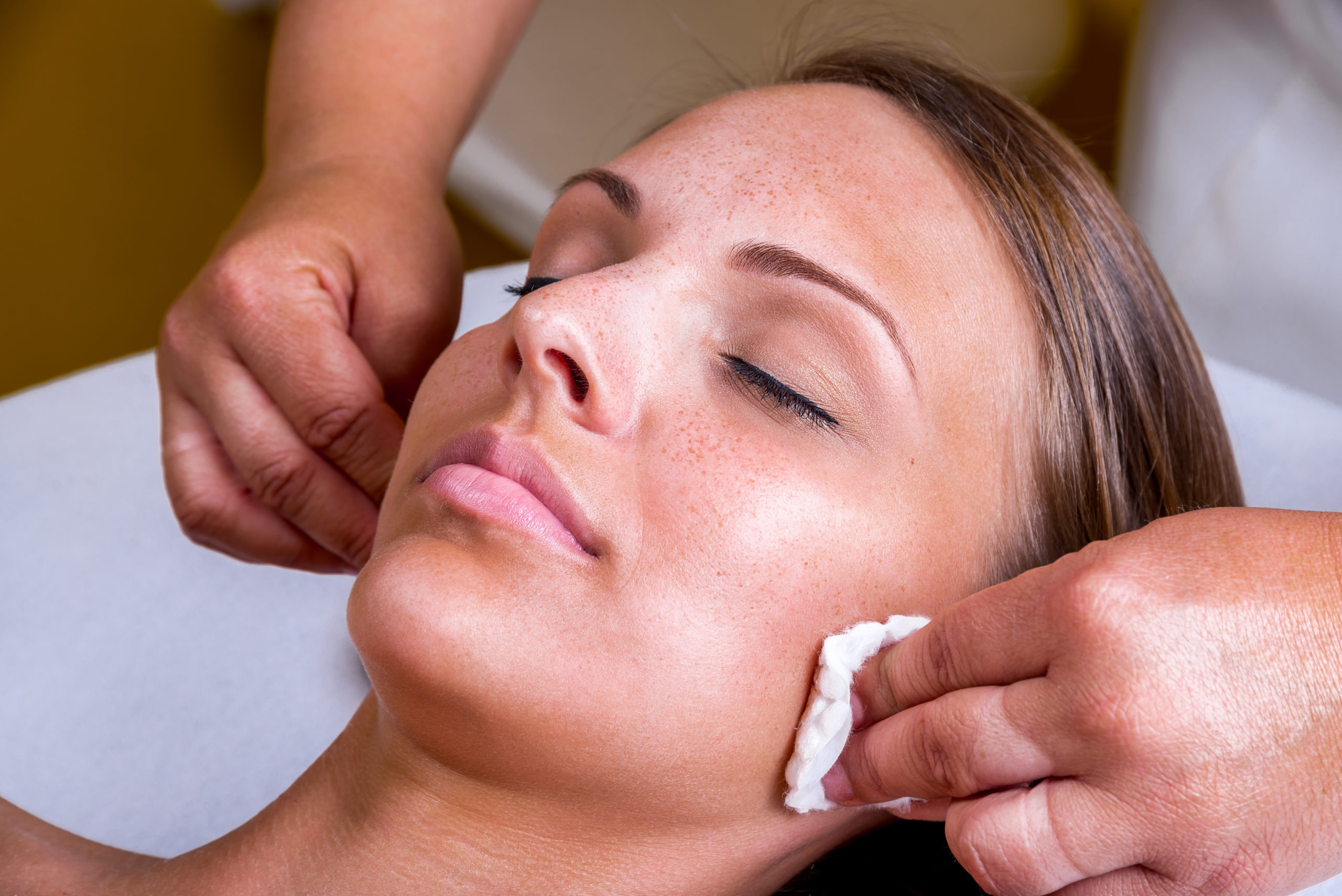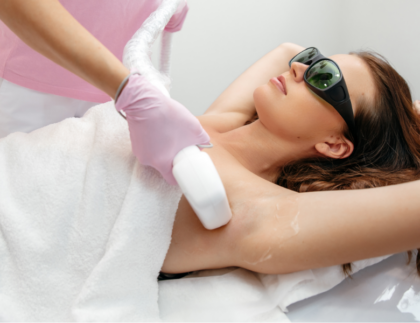
Chemical peels are one of the most popular skin rejuvenation treatments you can find on the market, and professionals frequently recommend them. However, some common misconceptions about chemical peels seem to be widely accepted and repeated. This article will learn about the most common chemical peel myths.
Chemical peels are risky, and you must be willing to put yourself at risk of permanent scarring
When done properly, chemical peels have a very low risk of damaging the skin. The risks associated with chemical peels depend on the treatment method used and are far lower than those associated with any other cosmetic procedure. When properly performed and done by a dermatologist, there is absolutely no risk of permanent scarring.
Only people with oily skin can benefit from chemical peel treatments.
Chemical peels can treat a much larger range of skin problems than other cosmetic procedures, and it is not limited only to people with oily skin. As long as your skin type is considered healthy, you will benefit from having a chemical peel; the procedure can address problems such as fine lines, wrinkles, uneven pigmentation, and clogged pores. The treatment can even be used by people who have acne-prone skin.
You may experience an allergic reaction to the chemicals.
Because stronger chemical peels can affect the deeper layers of your skin, you may have reactions to them after treatment. These reactions may include redness, itching, burning sensation, or abnormal skin pigmentation. However, most of these reactions are mild and can be treated easily. Also, there is no need to worry about allergic reactions when you get a chemical peel because the treatment is administered in small increments, and your skin’s tolerance gradually increases.
Most people recover from chemical peeling in just a few days after treatment.
As long as you have treated the chemical peel properly and followed your dermatologist’s advice, you will recover from a chemical peel treatment in just a few days. However, some people take a week or so to fully recover after the treatment.
Conclusion
The top thing you should know about chemical peel myths is that they are not true. Remember to listen to what your dermatologist says and always have a good skincare routine. A skincare routine will help you have the best experience with a chemical peel. If you do not know how to handle your skin after the treatment, it can be very frustrating; and you should always feel comfortable with what is going on in your body.









